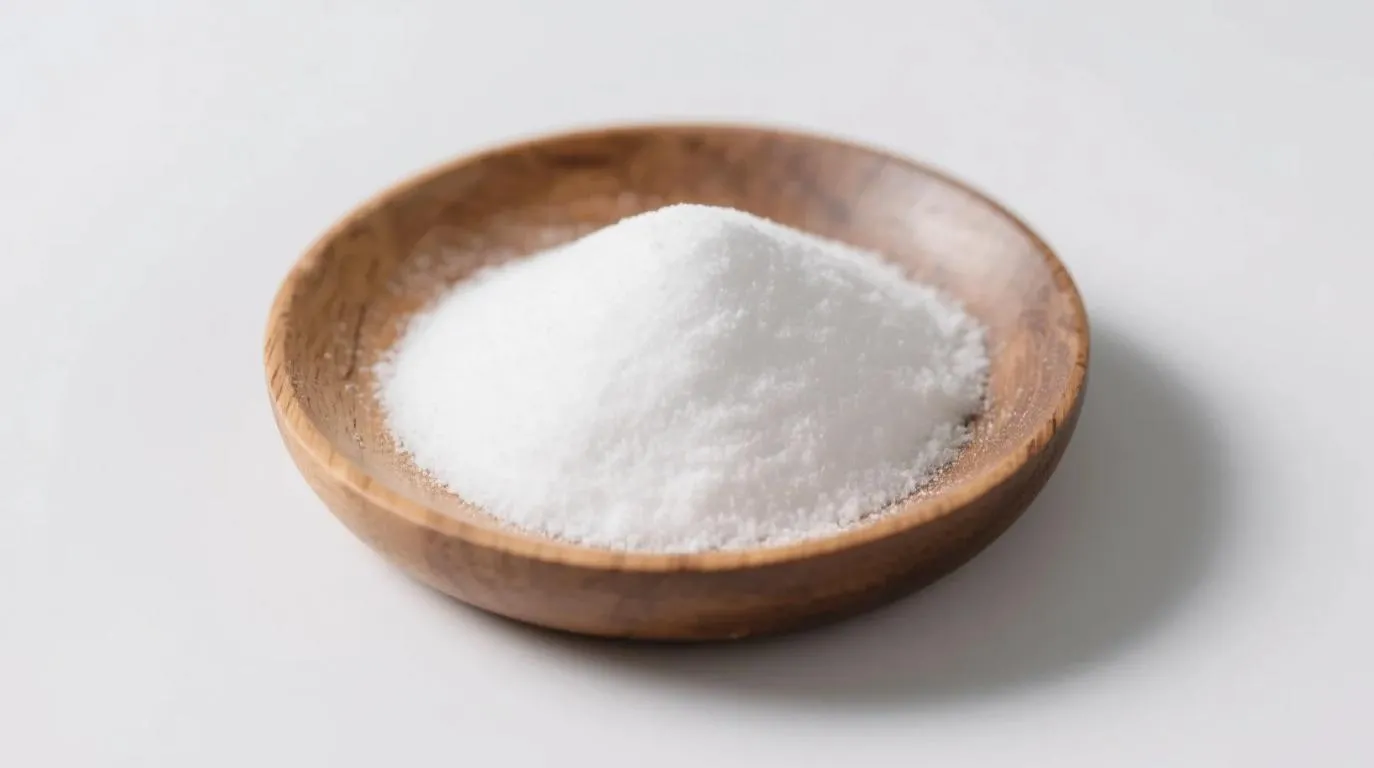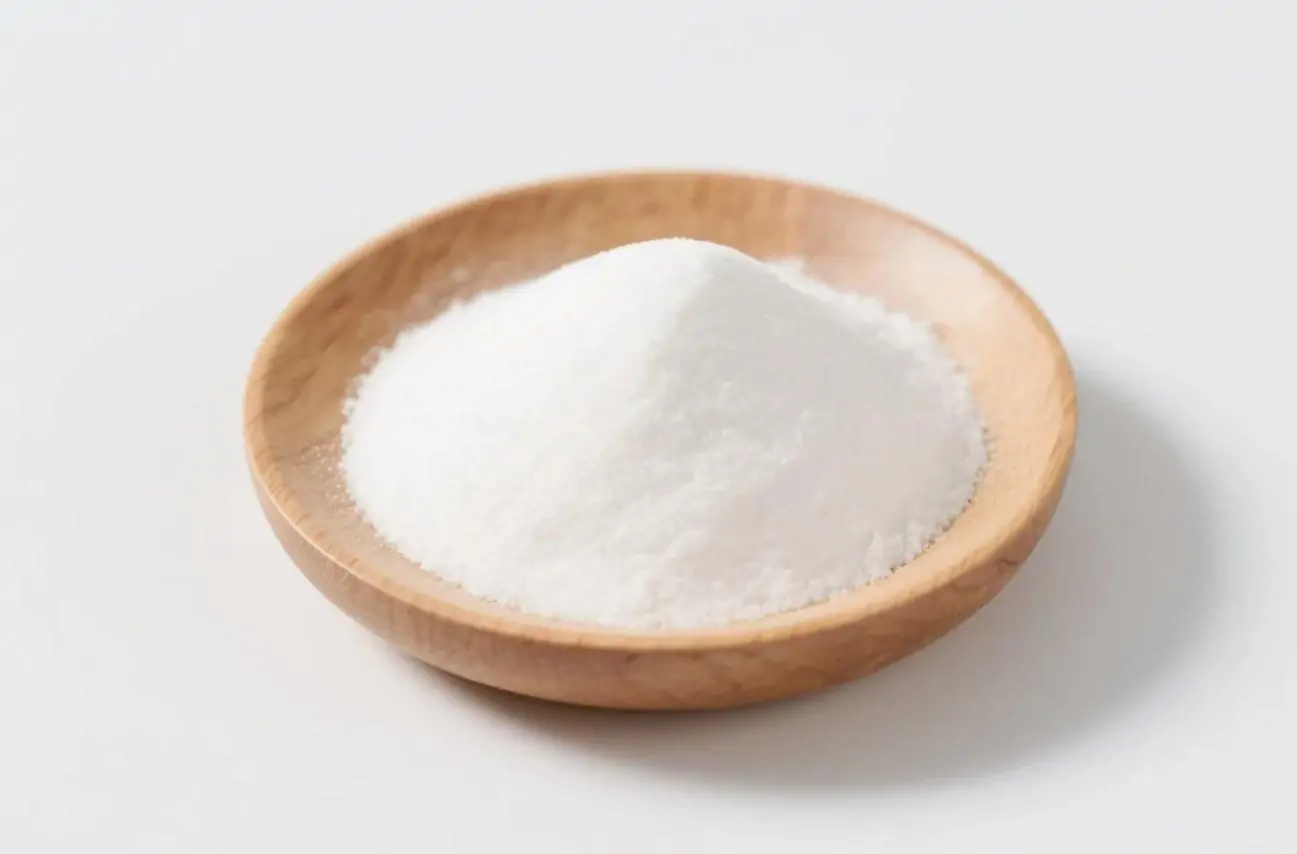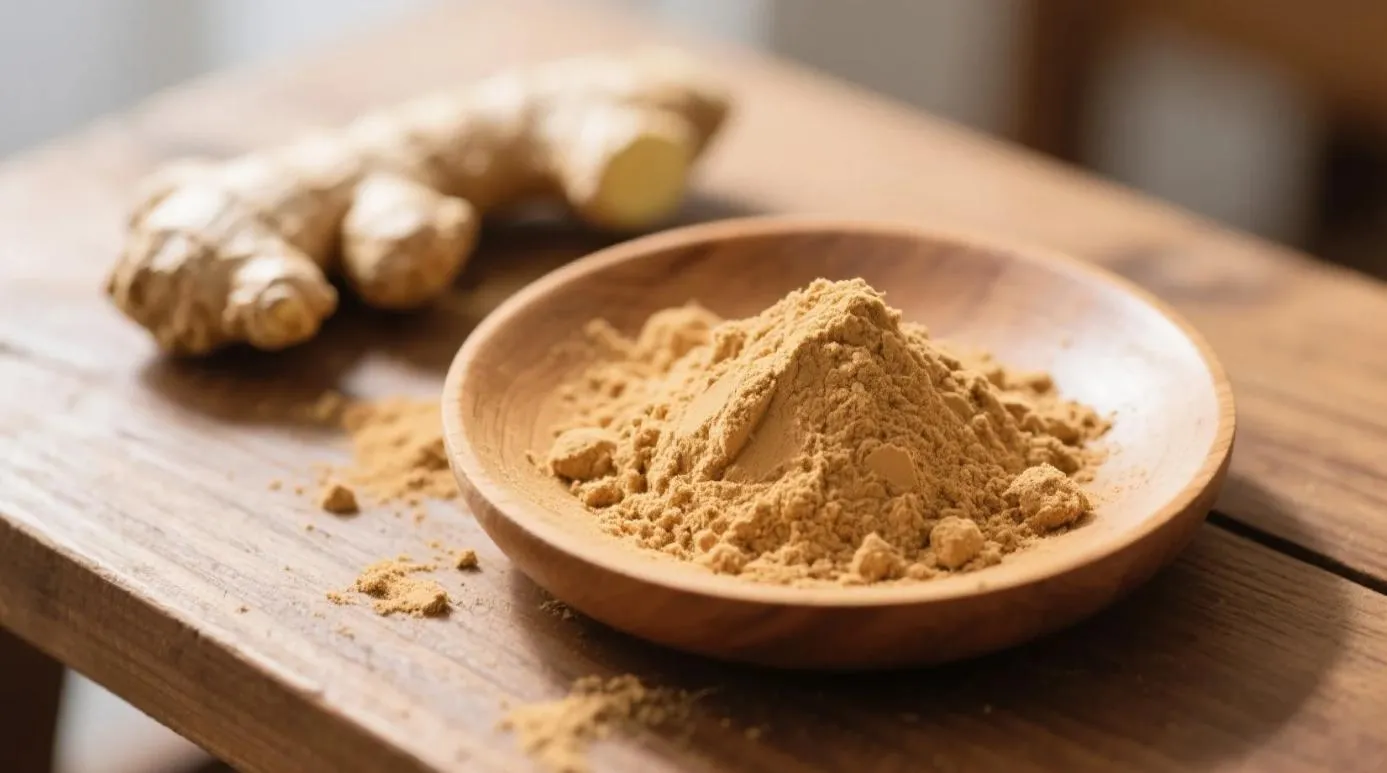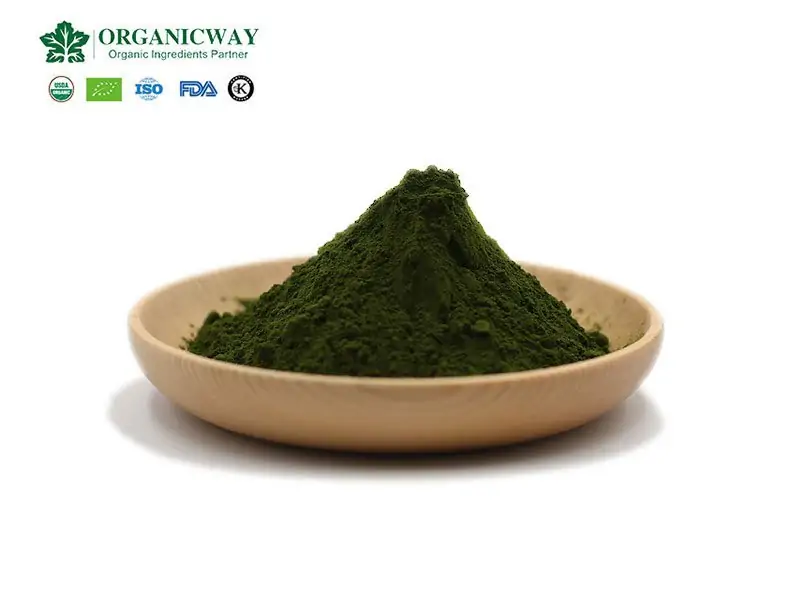Table of Contents
In the quest for better digestive health and overall wellness, inulin has emerged as a popular dietary fiber. Available commonly as organic inulin powder, it’s a versatile ingredient found in many health-conscious products. But for those considering daily use, a crucial question arises: Is it safe to take inulin daily? For most healthy individuals, the answer is yes, with some important considerations.
Inulin is a type of fructan, a soluble dietary fiber that acts as a powerful prebiotic. This means it selectively feeds the beneficial bacteria in your gut, supporting a healthy microbiome.
What Does Inulin Do and Where Does It Come From?
Inulin is naturally found in a variety of plants. The most common commercial sources for organic inulin powder include:
- Chicory Root Inulin: This is by far the most prevalent source of supplemental inulin due to its high concentration of the fiber. It has a neutral, slightly sweet taste, making it ideal for powders.
- Agave Inulin: Derived from the agave plant, similar to agave nectar but processed to yield the fiber.
- Jerusalem Artichoke Inulin (Sunchoke Inulin): Another root vegetable rich in inulin, offering a slightly different flavor profile.
- Other Natural Sources: While not typically used for supplements, inulin is also found in smaller amounts in foods like garlic, onions, leeks, asparagus, bananas, and barley.
Regardless of its source, once consumed, inulin travels undigested to the large intestine where it is fermented by beneficial bacteria, primarily Bifidobacteria.
Why Daily Inulin Intake is Generally Safe and Beneficial
For the majority of people, incorporating organic inulin powder into their daily routine is safe and can offer significant health benefits:
- Supports a Healthy Gut Microbiome: Daily intake ensures a consistent food source for your beneficial gut bacteria, helping them thrive. A balanced microbiome is linked to improved digestion, enhanced nutrient absorption, and even immune function.
- Promotes Digestive Regularity: As a soluble fiber, inulin adds bulk to stool and can help soften it, promoting regular bowel movements and alleviating occasional constipation. Consistent daily intake is key for this benefit.
- May Aid Mineral Absorption: Some studies suggest that inulin can enhance the absorption of certain minerals, particularly calcium and magnesium, contributing to bone health.
- Blood Sugar Management: As a fiber, inulin has a minimal impact on blood sugar levels, making it suitable for individuals managing their glucose intake. It does not cause the rapid spikes associated with simple sugars.
- Long-Term Benefits: The long-term support of gut health provided by daily inulin consumption contributes to overall well-being, potentially influencing metabolism and immune resilience.
Important Considerations and Potential Side Effects
While generally safe, there are a few important points to consider for daily inulin use:
- Start Low, Go Slow: This is the most crucial advice. When first introducing organic inulin powder (or any fiber supplement), begin with a small dose (e.g., 2-3 grams per day) and gradually increase it over several days or weeks. Rapid increases can lead to side effects.
- Potential Digestive Discomfort: The most common “negative” side effects are mild and temporary digestive issues, especially when starting or taking too much too soon. These can include:
- Bloating
- Gas (flatulence)
- Abdominal cramping
- Diarrhea (less common, usually with very high doses) These symptoms usually subside as your gut adapts to the increased fiber intake.
- FODMAP Sensitivity: Inulin is a type of FODMAP (Fermentable Oligo-, Di-, Mono-saccharides And Polyols). Individuals with Irritable Bowel Syndrome (IBS) or sensitivity to FODMAPs may find that even small amounts of inulin trigger significant digestive distress. If you know you are FODMAP sensitive, approach inulin with extreme caution or avoid it.
- Allergies: While rare, some individuals may have an allergic reaction to inulin, particularly if they are sensitive to plants in the Asteraceae family (like ragweed, daisies, or chrysanthemums), from which chicory root is derived.
In conclusion, for most healthy individuals, taking organic inulin powder daily is a safe and effective way to boost dietary fiber and support a thriving gut microbiome. The key is to start with a small amount, gradually increase your dosage, and listen to your body. If you have pre-existing digestive conditions like IBS, or if you experience persistent discomfort, consult with a healthcare professional before continuing daily use.
Are you considering adding inulin to your daily routine?
You might also like
Organic Dextrose Powder
A simple, naturally derived sugar from organic corn starch, offering clean sweetness, rapid energy, and…
Organic Maltodextrin Powder
Organic maltodextrin with DE 8–20 range, neutral taste, high solubility, and multiple functional uses.
Organic Glucose Syrup
A pure, viscous liquid sweetener derived from organic corn starch, offering balanced sweetness, excellent body,…




